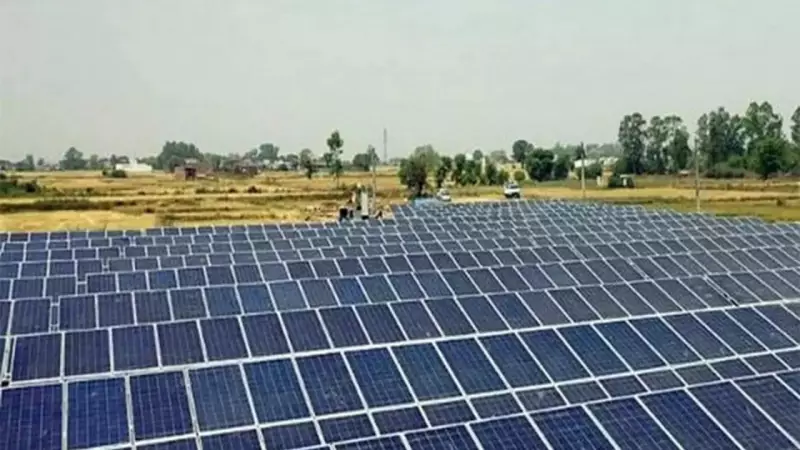
India's remarkable solar energy journey is heading toward a significant environmental challenge, according to a recent comprehensive study. The nation could be staring at an astonishing 11 million tonnes of solar waste by 2047, creating a massive recycling challenge that demands immediate attention.
The Growing Shadow of Green Energy
As India aggressively pursues its renewable energy targets, the dark side of this green revolution is becoming increasingly apparent. The study highlights that solar panel waste will start accumulating significantly from 2030 onward, with the volume growing exponentially in subsequent decades.
Key Findings from the Study
- Exponential Growth: Solar waste is projected to increase from minimal levels today to millions of tonnes within two decades
- Critical Timeline: 2030 marks the beginning of substantial waste generation phase
- Recycling Gap: Current infrastructure is inadequate to handle the coming wave of solar e-waste
- Policy Vacuum: Limited regulatory framework exists for solar panel disposal and recycling
Why This Matters for India's Green Mission
The findings present a crucial test for India's sustainable energy transition. While solar power reduces carbon emissions and fossil fuel dependence, the waste management aspect could undermine these environmental benefits if not addressed proactively.
The Path Forward
Experts emphasize the urgent need for developing comprehensive recycling infrastructure and implementing extended producer responsibility (EPR) regulations. The study calls for immediate policy interventions to ensure that India's solar revolution doesn't create a new environmental crisis while solving another.
This warning comes at a critical juncture as India continues to expand its solar capacity, making waste management planning essential for truly sustainable energy development.





